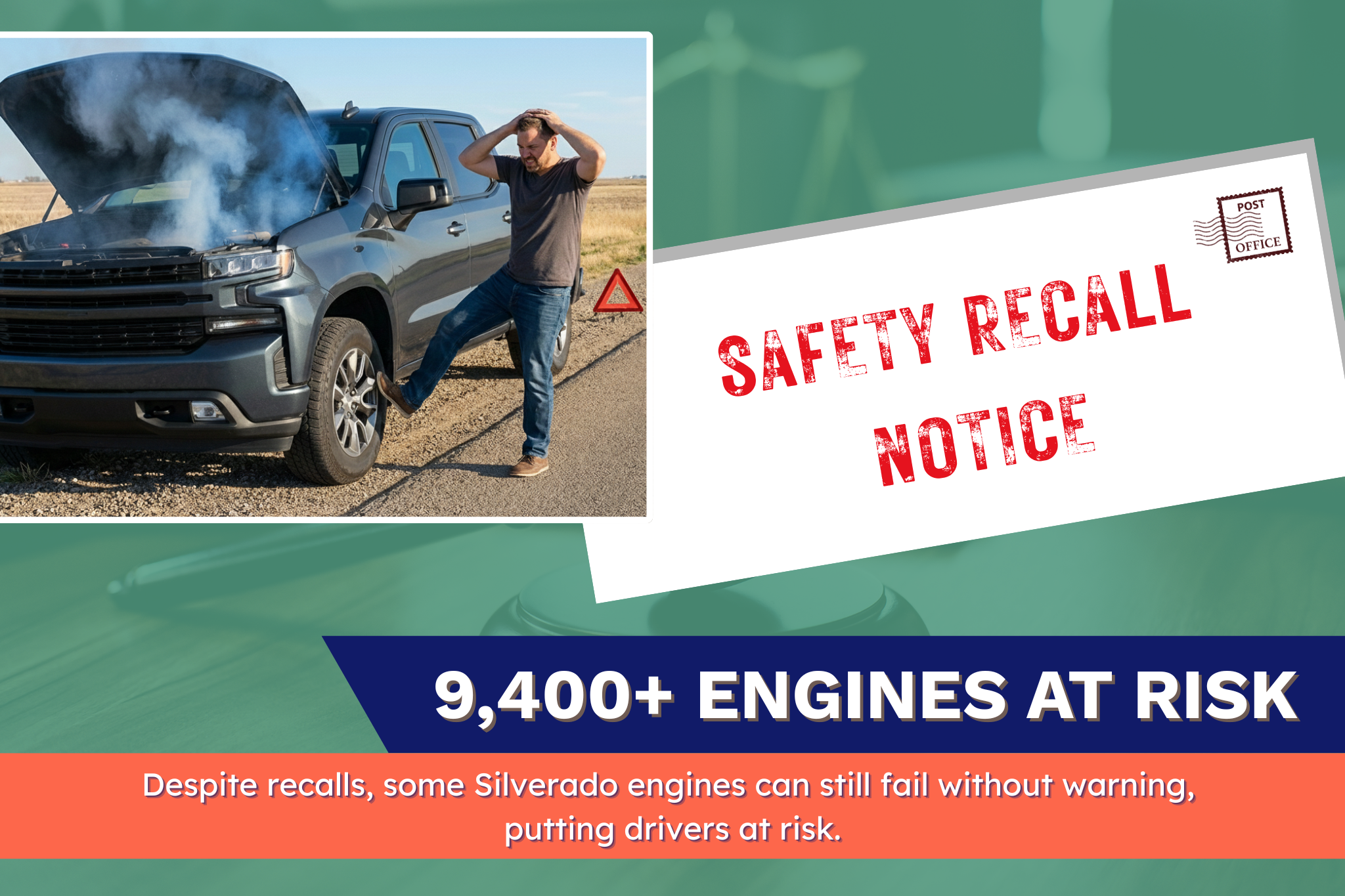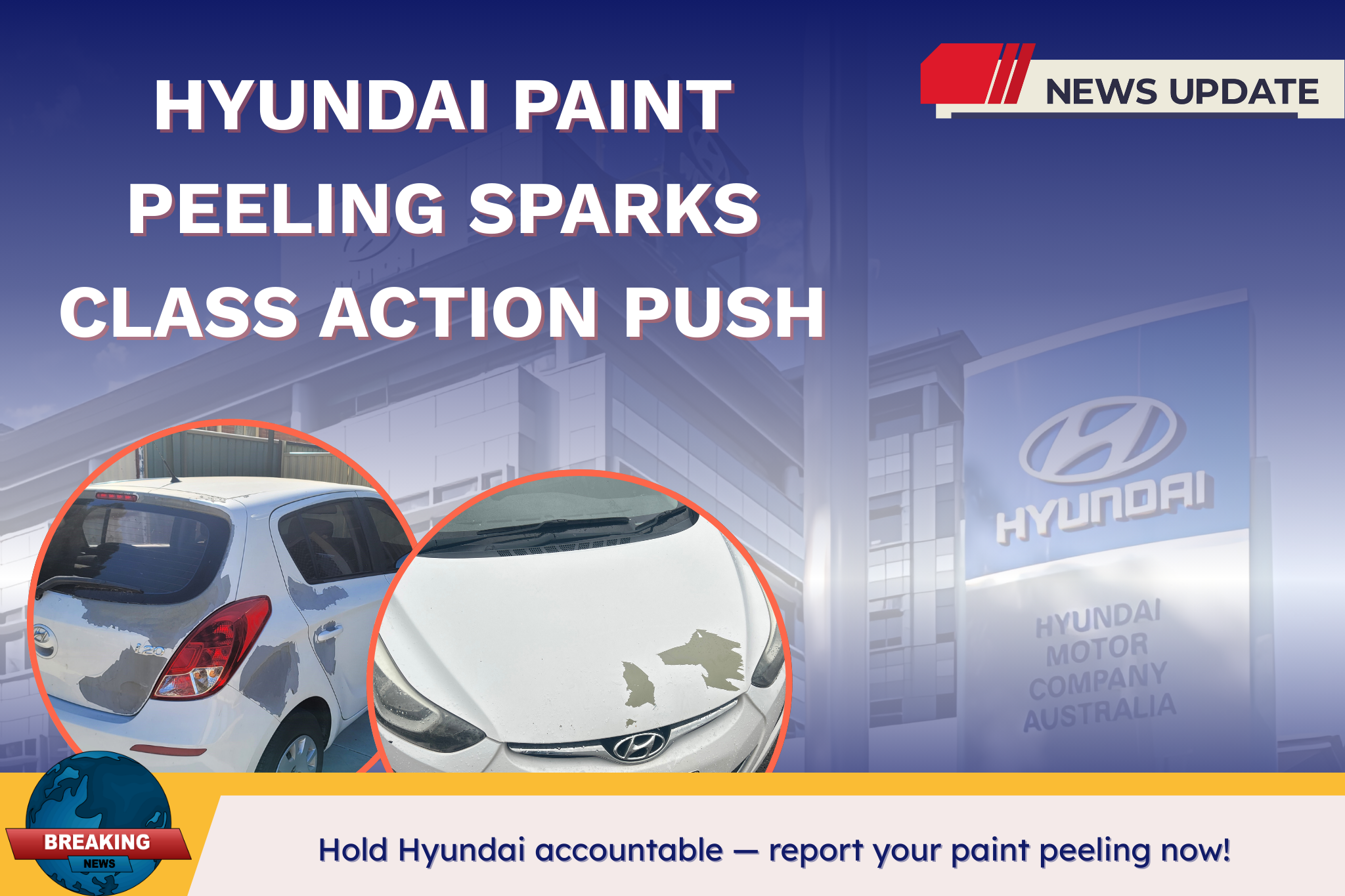
Car servicing: Go the extra mile with the right mechanic
Last updated on May 29th, 2025
If you want to ensure your car goes the distance, you need to service it regularly – and that means finding a reliable mechanic. While you will drive away with a lighter bank balance wherever you go for a service, you don’t want to clock up hours thereafter with car servicing complaints.
Most people swear by regular service appointments, while others only service their car when something goes wrong. The average cost of getting a car serviced is between $275 and $430, though the make, model and condition of the car will affect the cost – and there are many hidden issues that can bite you if you’re not careful.
If you don’t get your car regularly serviced, however, this could affect not only the vehicle’s condition and value, but your warranty.

How often should I service my car?
A car service generally includes an oil and filter change, a check of all the fluid levels, as well as the brakes and tyres, and a general inspection. There are no hard and fast rules about how often you should get it serviced but most mechanics will recommend every six months or 10,000 kilometres, whichever comes first.
If you’re driving a car that's under warranty, it's important to adhere to the terms of the warranty or you risk voiding it. Although the Australian Competition and Consumer Commission (ACCC) states that "manufacturers and dealers must honour consumer guarantee rights, regardless of any warranties they give or sell to consumers", the area becomes a little greyer if you haven’t kept up your service history. So it is better to be safe than sorry.
It is also a good idea to keep a logbook, no matter how often or where you get it serviced. It’s not required legally but it helps keep track of your service history and comes in handy when you sell the car. The logbook will show how well the car has been looked after, which could help secure a better price.

Where should I get my car serviced?
If a manufacturer or dealership tells you that having your car serviced anywhere other than a partner service centre can void your warranty, ignore them. The ACCC has stated this clearly contravenes Australian Consumer Law (ACL). Although the practice might only be implied in the warranty terms, it has kept many motorists from having their cars serviced at more convenient and potentially less expensive locations.
Consumer advocacy group Choice cited examples such as a Ford logbook that included a checklist asking the mechanic to tick that they were an authorised Ford dealer service department. But the ACCC says that "an independent repairer may sign or stamp the relevant page of the customer's service logbook without it affecting the manufacturer's warranty”.
So regardless of what dealers say, you're free to shop around for the best price and service.
Dealerships that sell your make and model are more likely to have quicker access to genuine parts and accessories, but they can be an expensive option. Servicing chains, such as Midas, Ultra Tune and Auto Masters, are generally a good bet for servicing older models, though sourcing parts can be a hidden cost. Local mechanics can also be a good option, but you need to do your research.
How do I choose a mechanic?
Whether you go to the dealership you bought the car from, search online for competitive prices, or get a recommendation from a friend, there are some questions you can ask yourself (and the mechanic) to prevent you from paying too much, or having to make a complaint after the service.
-
- Are they licensed and qualified? To service and repair vehicles, you need a vehicle repairer’s licence. Depending on the state, this could involve proof of qualifications (such as completing a motor apprenticeship), as well as industry experience and a background check. That does not mean the mechanic or repair shop is necessarily qualified to work on your vehicle, with concern that mechanics are servicing electric vehicles (EVs) without additional training in some parts of the country due to a legal loophole.
- What is their reputation? You can check online reviews and see if there have been any complaints against the mechanic (but beware of the fake ones) or ask around. Trusted family and friends are good sources – if they’re happy with the service they received, chances are you will be, too.
- What is their experience? Ask what type of vehicle they specialise in and how often they have serviced your car's make and model. This is particularly important with the different types of cars now on the market, including traditional petrol cars, hybrids and EVs.
- How do they communicate? If you ask the mechanic or service centre for a breakdown of the service costs, they should be able to deliver a clear and concise explanation of what it will cost and why. If they find a problem while servicing, you need to ensure they will call before undertaking any repairs you haven’t agreed on. Ask if they will send you a video if a major repair is needed.
- Do they offer any guarantees? Find out what they are, if they go beyond what you are entitled to do under the ACL and how long they are valid for. It’s also worth asking if they offer a loan car because if the mechanic finds an issue that goes beyond the service, you could be without a car for longer than a day.

Always ask for a written quote of any work being done on your car. This will ensure you know exactly what should have been fixed in the event of any issues after you leave, as well as protect you from being overcharged.
If you have an issue with your car service, make a complaint with us and we’ll help you handle it.






